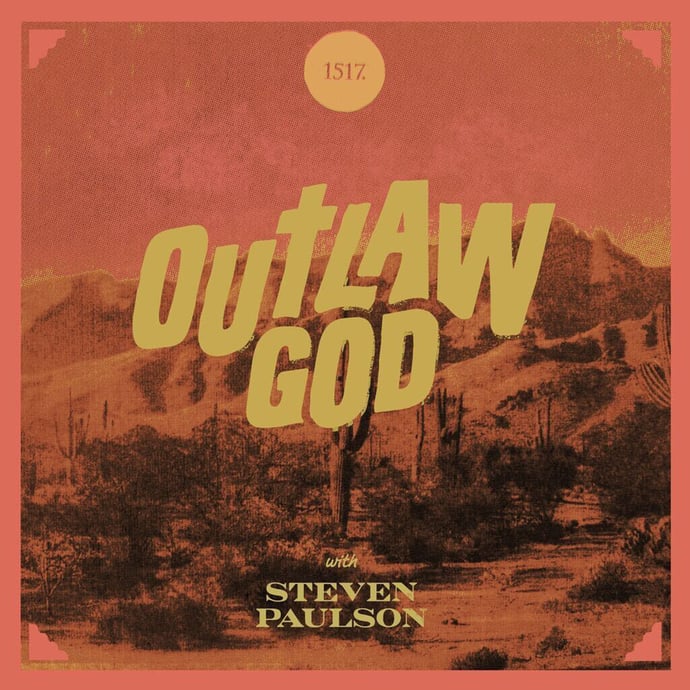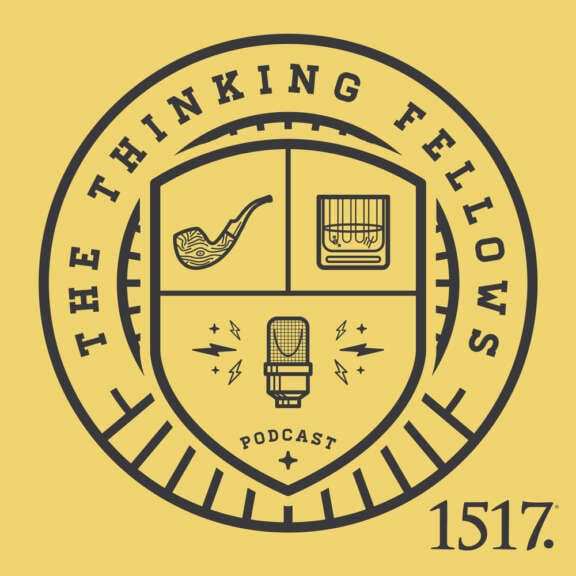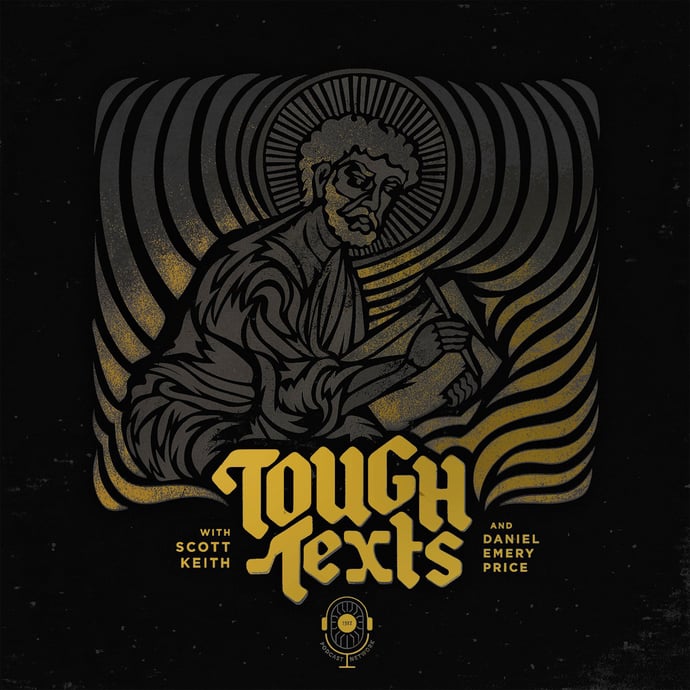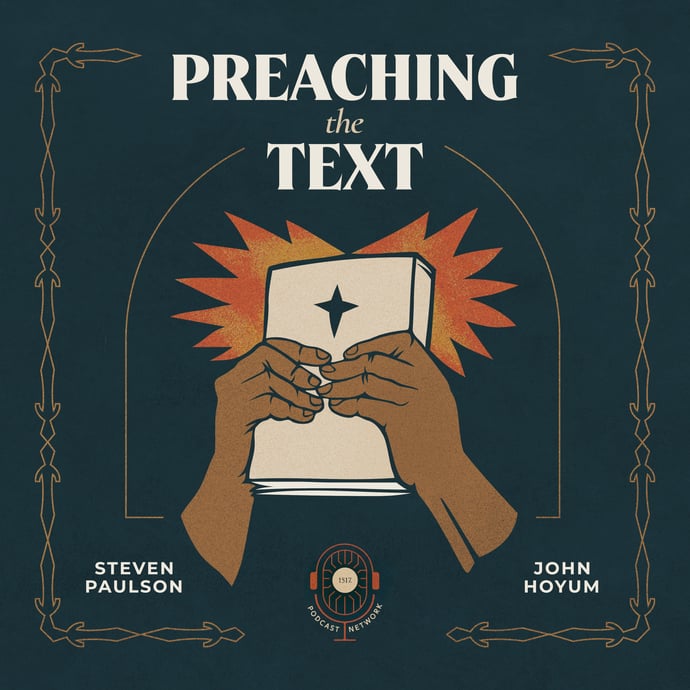Kick Out the Jams. In this episode, we focus on the raw, real work of life in the parish—the ordinary burdens, the hidden insecurities, and the quiet faith that holds it all together. We explore the distinction between philosophy and theology and why attempts to fuse them often leave both diminished. There’s talk of reformation—its drama, its necessity, and its cost. We reflect on the pervasive victim-perpetrator dynamic that shapes so much of modern life and how the gospel when rightly preached, breaks that cycle. At the heart of it all is this: the power of Christ’s mercy to open what we’ve shut tight, to drive out the bitterness we’ve made into habit, and to speak a word stronger than shame.
Podcasts
Each 1517 Podcast is dedicated to delivering Christ-centered content through weekly, monthly, and seasonal audio platforms. Listen online or on your favorite podcasting app.
Author
- All Authors
- Aaron Zimmerman
- Adam Francisco
- Amy Mantravadi
- Blake Flattley
- Bob Hiller
- Bradley Gray
- Brian W. Thomas
- Bror Erickson
- Bruce Hillman
- Caleb Keith
- Chad Bird
- Chris Rosebrough
- Christopher Gillespie
- Cindy Koch
- Craig Donofrio
- Dan van Voorhis
- Daniel Deen
- Daniel Emery Price
- Darrin Sheek
- David Andersen
- David Rufner
- David Zahl
- Debi Winrich
- Delwyn Campbell
- Donavon Riley
- Doug Klembara
- Edward Killian
- Elyse Fitzpatrick
- Erick Sorensen
- Flame
- Grant Klembara
- Gretchen Ronnevik
- Haroldo Camacho
- Jacob Smith
- Jared C. Wilson
- Jeff Mallinson
- Jeffrey Pulse
- Jessica Thompson
- Jim Nestingen
- Joel Fitzpatrick
- Joel Hess
- John Andrew Schreiner
- John Bombaro
- John T. Pless
- John W. Hoyum
- John Warwick Montgomery
- Katie Koplin
- Kelsi Klembara
- Ken Sundet Jones
- Magnus Persson
- Matt Popovits
- Michael Berg
- Michael Horton
- Nick Lannon
- Paul Koch
- Peter Nafzger
- Philip Bartelt
- Raleigh Sadler
- RJ Grunewald
- Robert Kolb
- Rod Rosenbladt
- Ron Hodel
- Sam Leanza Ortiz
- Sarah Condon
- Sarah Crowder
- Scott Davis
- Scott Keith
- Steven Paulson
- Tanner Olson
- Troy Neujahr
- Uwe Siemon-Netto
- Wade Johnston
- William Cwirla
-
Except that we see Him--and see Him plainly--in Christ.
-
Erasmus accused Luther of being outside of the church and having a novel understanding of Scripture.
-
In what way is the Church a remnant? Luther uses God's preservation of a remnant of faithful teachers and preachers throughout scripture and the Church against Erasmus and his argument that Luther stands alone.
-
In this episode of the Thinking Fellows podcast, the Fellows answer, "Did Martin Luther invent a new religion?"
-
The Thinking Fellows talk about the limitations of scientific progress.
-
Luther explains that the church embraced free will not because of Scripture but just as the Trojans embraced the Greek's wooden horse.
-
In this episode of The Outlaw God Podcast, Dr. Steven Paulson examines the accusation against Luther that he was the only person in church history to take a stance on the bondage of the will.
-
In this episode of Tough Texts, Daniel Emery Price and Scott Keith explore the complexities of 1 Peter 4:1-6.
-
Craig and Troy open up a new book of the Bible, the epistle of 1 John.
-
On this episode of Preaching the Text, John Hoyum and Steve Paulson discuss Christ's adolescent visit at the temple where his parents leave him behind by accident.
-
Craig and Troy plumb the depths of the importance of Christmas by simply asking, "But what if it didn't happen that way?"





